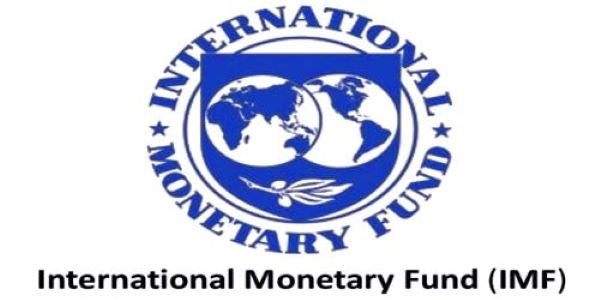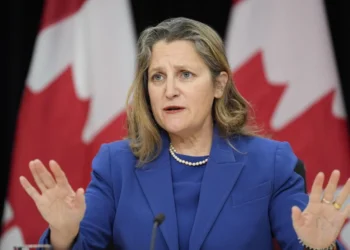The Managing Director (MD) of the International Monetary Fund (IMF), Kristalina Georgieva has intimated that climate related financial stability risks must be included in the surveillance of the financial sector.
This can be done through a standardized disclosure of these climate risks, performing enhanced stress tests of various financial and macroeconomic indicators, as well as taking assessments of supervisory frameworks in the financial sector.
Kristalina Georgieva made these comments at a Climate Adaptation Summit held recently, as the IMF has indicated that amidst the coronavirus pandemic it is placing climate change at the heart of its work.
“Climate resilience is a critical priority. And this is why we place it at the heart of what we do — this year, and in the years to come”.
“As we aim to exit the COVID-19 pandemic and the economic crisis it has triggered we must face a greater threat – that of a changing climate,” the IMF Managing Director opined.
Climate change is a “fundamental risk to economic and financial stability” Kristalina Georgieva further asserted, however, she alerted that on the other side a changing climate is also “an opportunity to reinvigorate growth and create new green jobs”.
Highlighting on a study conducted by her outfit, Kristalina revealed that “our research shows that combining steadily rising carbon prices with a green infrastructure push can boost global GDP over the next 15 years by about 0.7 percent and generate work for millions of people.
“Yet, globally we are falling short in investment in climate resilience – and this shortfall is profound in the developing world. According to the Global Center for Adaptation, spending there is 5- to 10-times less than what is needed”.
“This is why at the IMF we embrace the transition to the new climate economy — one that is low carbon and climate resilient, that helps fight the causes of climate change and adapt to its consequence,” she remarked.
The IMF Managing Director also disclosed that aside including climate related financial stability risks in financial sector surveillance, other actions her establishment has decided to take include:
First of all, integrating climate in the conduct of annual country economic assessments i.e., Article IV consultations.
“In highly vulnerable countries we focus on adaptation; and we are building up mitigation analysis, including carbon pricing, in our assessments of large emitters”.

Another move to consider is the scaling up of climate in capacity development to help equip finance ministries and central banks with the skills needed to take climate considerations into account.
Kristalina Georgieva further stated that an important action to take is to consider mainstreaming climate indicators in macroeconomic data.
“We will launch a Climate Change Dashboard this year—with indicators to track the economic impact of climate risks and the measures taken to mitigate them,” Kristalina added.
The IMF Managing Director finally enunciated that in the emergency response to COVID-19, only a tiny fraction of G20 spending was climate-related.
“This is understandable, as the focus was on saving lives and livelihoods. But now, in this next recovery phase, we must direct more resources to climate action”.





















